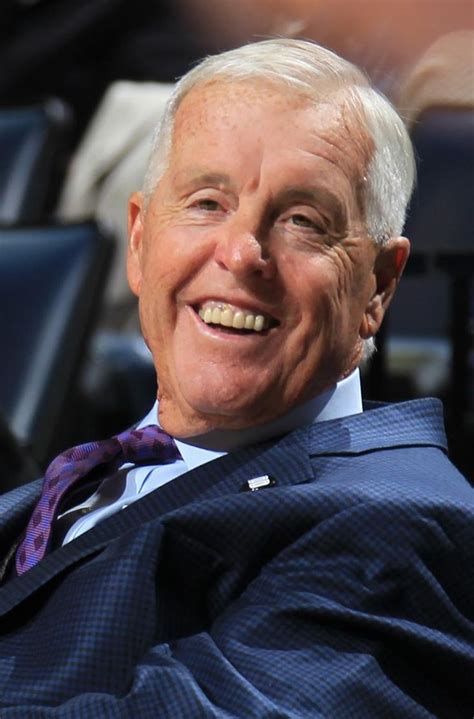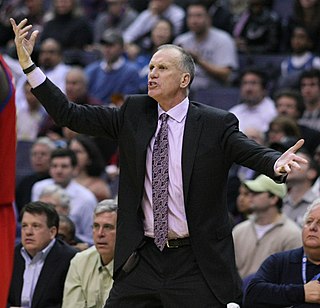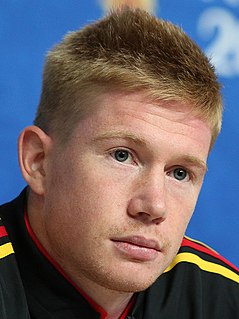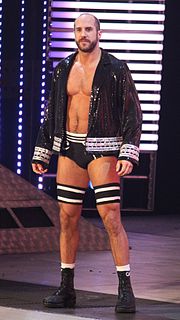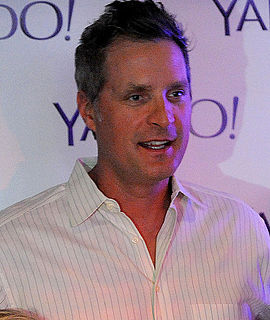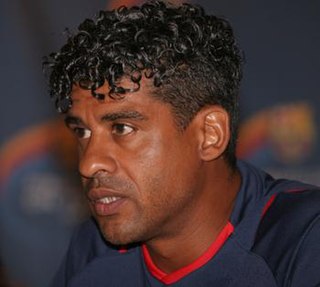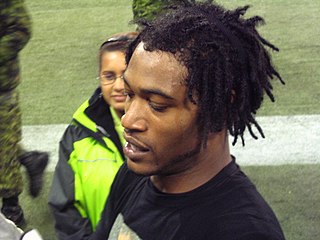A Quote by Julian Nagelsmann
The top teams in particular always have opponents who are highly motivated. If they drop a couple of percentage points, perhaps sub-consciously, then it's enough for the other team to capitalize.
Related Quotes
Whether you have a small team or a large team, you'll always have a percentage of people telling you to do the opposite of what you think you should be doing. Then you'll have a percentage of people telling you to do the opposite of what they're saying. It's a constant sea of doubtful voices. You have to navigate through that.
The handwriting is on the wall: if you want to have your franchises viable, then you can't have a situation where New York and Chicago and Los Angeles are doing very, very well, and some other teams are, but, I would say, a significant percentage of the teams in our league are struggling financially.
I think people fail to realize that teams and organizations have been stacking teams since way back in the day. The Lakers had the Showtime era. Boston had six hall of famers on one team. You had Detroit, the New York Knicks, and now the Miami Heat. They were stacking their teams back then, it just fell off over the years and now it picked back up. Boston did it first, then LA. I was fortunate enough to play against them when they had Shaq, Kobe, Rick Fox, Gary Payton, Karl Malone... that's five hall of famers on one team! So you can't get mad at Miami for doing what they did.
The truth is -- we are always highly motivated when something means a great deal to us. If I fell into a deep lake and I didn't know how to swim, I would become highly motivated in an instant. Climbing from the lake would mean more to me than anything else in the world. My effort would be no less than astounding and I would suddenly become one of the most excited and enthusiastic persons imaginable.
Teams use trust as currency. If it is in short supply, then the team is poor. If trust abounds, the members of the team have purchase power with each other to access each others’ gifts, talents, energy, creativity, and love. The development of trust then becomes a significant leadership strategy. Trust creates the load limits on the relationship bridges among team members




